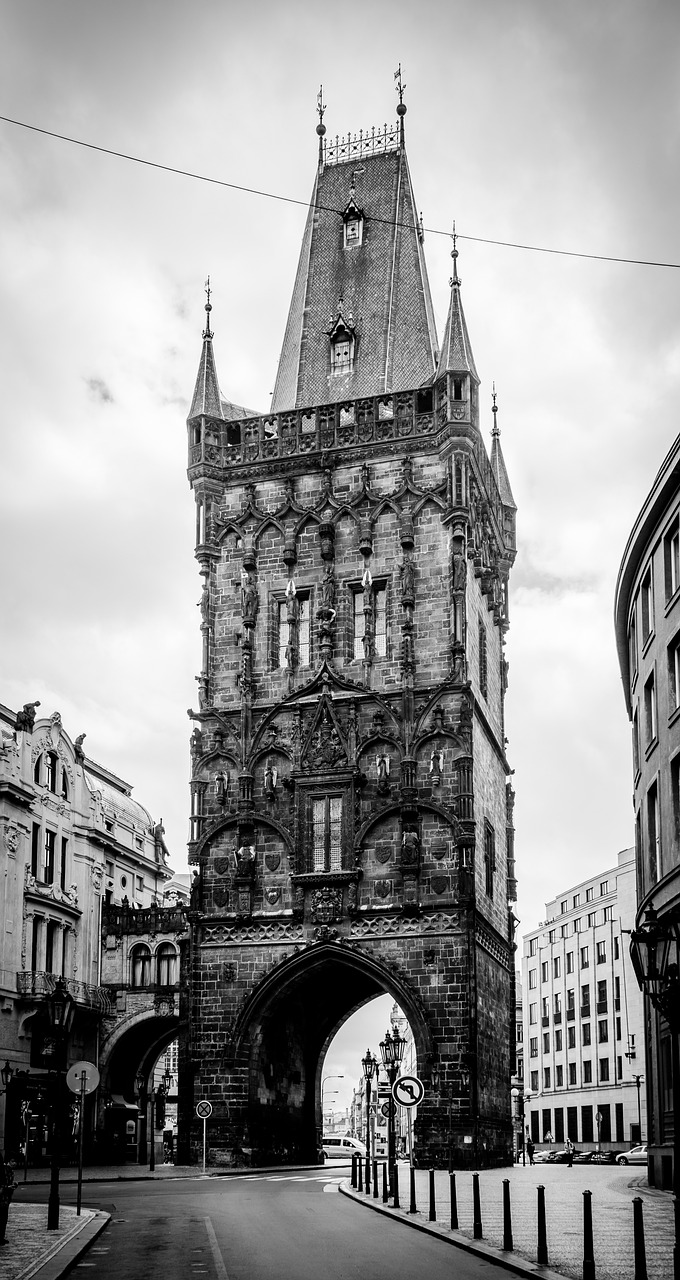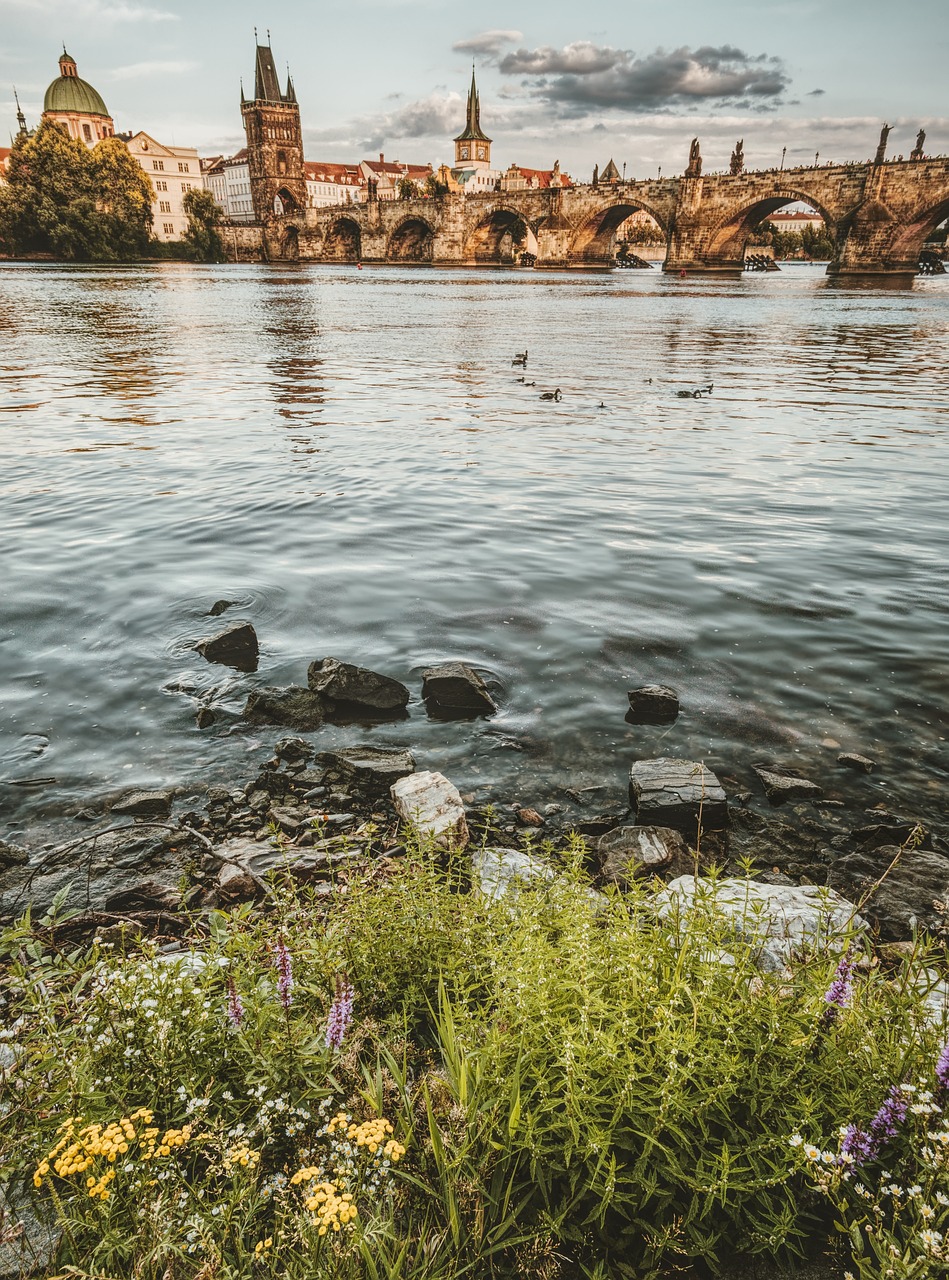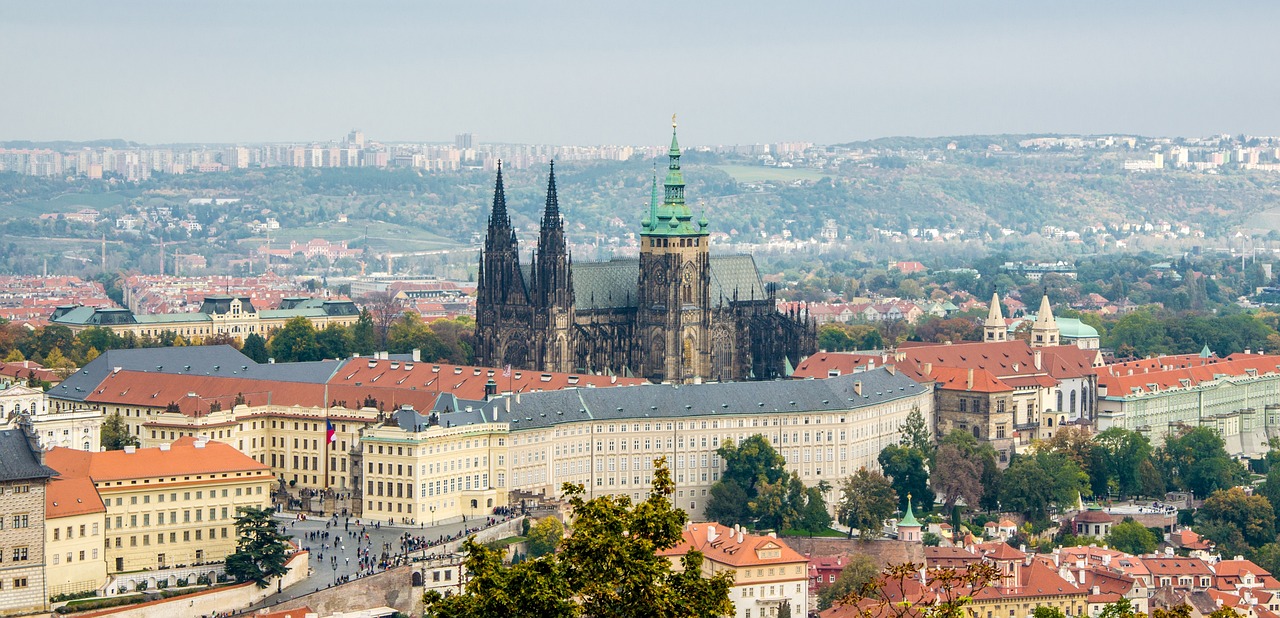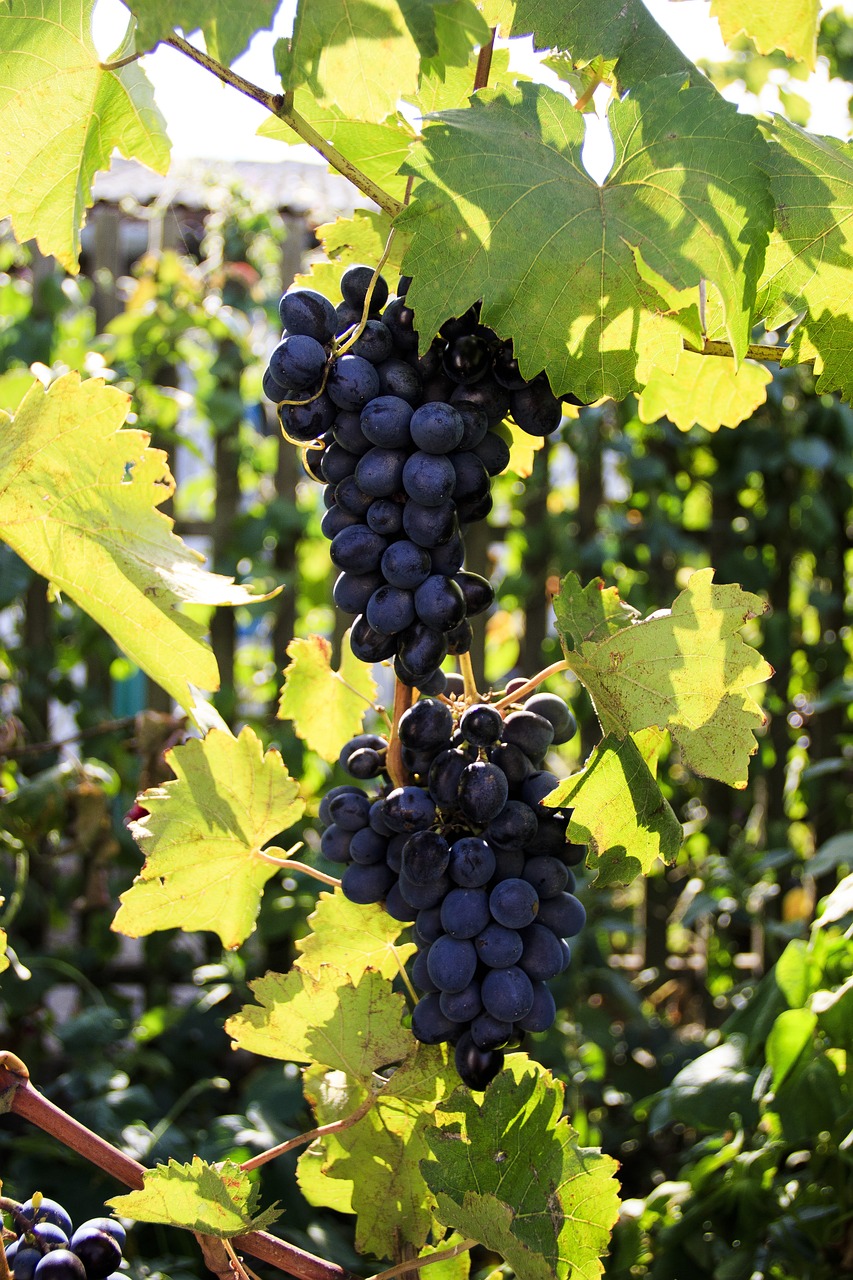Moldova Video
Language and Communication: Overcoming Barriers in Moldova
Moldova, a beautiful country in Eastern Europe, is known for its rich cultural heritage and diverse population. With a unique blend of Romanian, Russian, Ukrainian, and other ethnic influences, Moldova is a fascinating place to explore. However, like any country with multiple languages spoken, language barriers can pose challenges to effective communication. In this article, we will explore the various aspects of language and communication in Moldova, including the barriers faced and the strategies employed to overcome them.
Language Diversity in Moldova
Moldova is a multilingual country with two official languages: Romanian and Russian. Romanian, also known as Moldovan, is the native language of the majority of the population, while Russian is widely spoken due to historical and cultural influences. Additionally, there are various minority languages spoken, including Ukrainian, Bulgarian, Gagauz, and Romani.
- Romanian: Romanian is the official language of Moldova and is spoken by the majority of the population. It is a Romance language and shares many similarities with other Romance languages such as Italian, Spanish, and French.
- Russian: Russian is widely spoken in Moldova, especially in urban areas and among older generations. It is a Slavic language and was historically used as the lingua franca during the Soviet era.
- Ukrainian: Ukrainian is spoken by a significant minority in Moldova, particularly in the northern regions bordering Ukraine. It is also a Slavic language and shares similarities with Russian.
- Bulgarian: Bulgarian is spoken by a small community in Moldova, primarily in the southern regions. It is a South Slavic language and has its unique characteristics.
- Gagauz: Gagauz is a Turkic language spoken by the Gagauz people, an ethnic group in Moldova. It is mainly spoken in the autonomous territorial unit of Gagauzia.
- Romani: Romani is the language of the Romani people, also known as Gypsies, who have a significant presence in Moldova. It is an Indo-Aryan language with various dialects.
Moldova’s linguistic diversity reflects its historical and cultural background, but it also presents challenges when it comes to effective communication.
Barriers to Communication
Communicating effectively in Moldova can be hindered by several barriers, primarily related to language diversity and cultural differences. These barriers can create misunderstandings, hinder collaboration, and limit opportunities for personal and professional growth.
- Language Barrier: The most apparent barrier is the language barrier resulting from the diverse languages spoken in Moldova. While Romanian is the official language, not everyone is fluent in it, especially among the Russian-speaking population. This can make it challenging for individuals to communicate with each other effectively.
- Cultural Differences: Moldova is a country with a rich cultural heritage, and cultural differences can impact communication. Different cultural norms, values, and communication styles can lead to misunderstandings and misinterpretations.
- Generational Gap: There can be a generational gap in language proficiency, with younger generations being more fluent in Romanian and older generations being more comfortable with Russian. This can create communication barriers between different age groups.
- Regional Dialects: Moldova has various regional dialects and accents, which can pose challenges in understanding for individuals from different regions.
Overcoming Language Barriers
Despite the challenges posed by language barriers, Moldova has implemented several strategies to overcome them and facilitate effective communication among its diverse population.
- Bilingual Education: Moldova has implemented bilingual education programs to promote fluency in both Romanian and Russian. This helps students become proficient in both languages and enhances their ability to communicate with people from different linguistic backgrounds.
- Language Exchange Programs: Language exchange programs provide opportunities for individuals to learn and practice different languages. These programs encourage language learners to interact with native speakers, fostering cross-cultural understanding and improving communication skills.
- Translation and Interpretation Services: Public institutions, businesses, and community organizations often provide translation and interpretation services to bridge the language gap. These services help individuals communicate effectively in their preferred language.
- Multilingual Communication Tools: The advancement of technology has led to the development of multilingual communication tools such as translation apps, language learning apps, and online language resources. These tools assist individuals in overcoming language barriers and facilitate communication.
Moldova Image 1:

Preserving Cultural Diversity
While efforts are being made to overcome language barriers, Moldova also recognizes the importance of preserving its cultural diversity and linguistic heritage. Cultural diversity is celebrated through various festivals, events, and initiatives that promote understanding and appreciation of different languages and cultures.
- Cultural Festivals: Moldova hosts cultural festivals that showcase the traditions, music, dance, and cuisine of different ethnic groups. These festivals provide an opportunity for people to learn about each other’s cultures and foster mutual respect.
- Language Preservation: Efforts are made to preserve minority languages in Moldova, ensuring their survival and promoting their use within the respective communities. Language preservation initiatives include language classes, cultural exchange programs, and support for minority language publications.
- Intercultural Dialogue: Interactions between different linguistic and cultural groups are encouraged through intercultural dialogue programs. These programs aim to create a sense of unity and understanding among diverse communities.
Moldova Image 2:

Conclusion
Language and communication play a vital role in Moldova’s diverse society. While language barriers can pose challenges, Moldova is actively working towards overcoming them through bilingual education, language exchange programs, and the use of translation and interpretation services. It also values and preserves its cultural diversity, ensuring that different languages and cultures are celebrated and respected. By embracing its linguistic heritage and promoting effective communication, Moldova continues to foster unity and understanding among its diverse population.
Moldova Image 3:

References
– Moldova.eu
– Ministry of Education, Culture, and Research of the Republic of Moldova
– National Bureau of Statistics of the Republic of Moldova
– Gagauzia.md


